Meet Jingkun Huang | Cinematographer
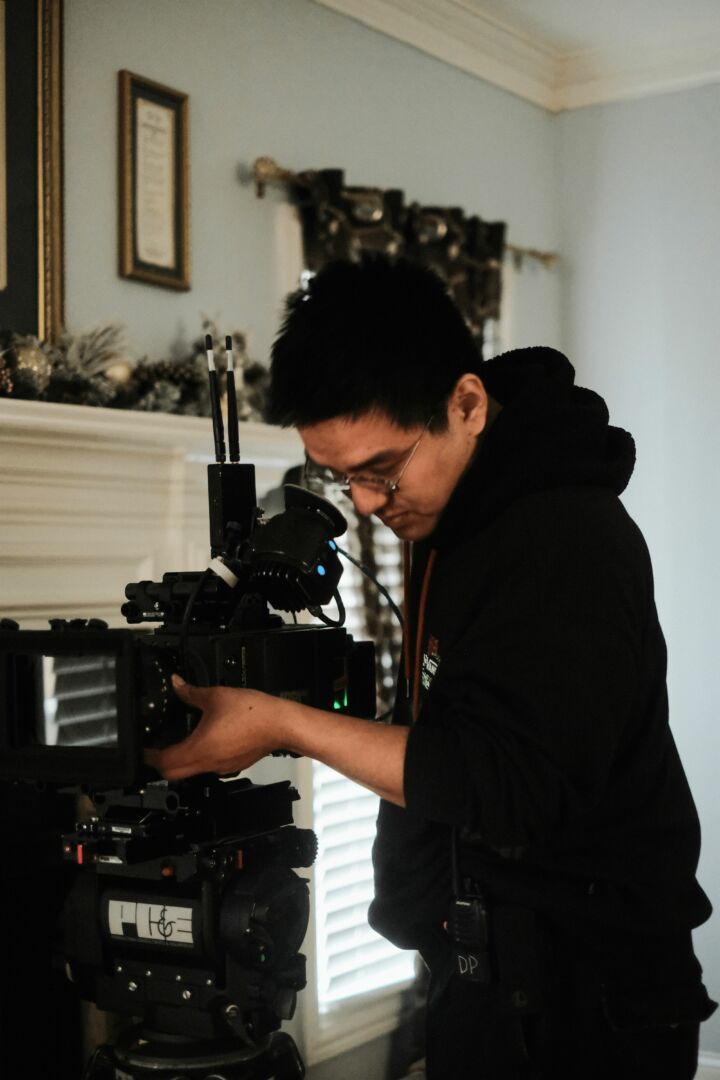

We had the good fortune of connecting with Jingkun Huang and we’ve shared our conversation below.
Hi Jingkun, why did you pursue a creative career?
As a cinematographer, I have been passionate about visual arts since childhood. I remember the feeling of looking through a camera for the first time when I was nine years old. It captivated me deeply. Before entering university, photography was one of my major hobbies. During my undergraduate studies, while making short films, I discovered that this more diverse and rich visual art form could better express my stories. I then decided to pursue a career in filmmaking.
For me, choosing a career in the arts is both exciting and enjoyable. Being a cinematographer allows me to continually experience growth. Whether it’s improving my storytelling abilities, using more tools as technology advances, or gaining deeper insights as I accumulate life experiences, I can always find new understandings in cinematography.
Being able to engage in film production and enter this industry as a cinematographer is incredibly fortunate for me. Although there are challenges and difficulties at times, the satisfaction of seeing the final work, especially when the audience resonates with it, is indescribable. It allows me to create deep connections with the world and the audience through my work, which is why I am committed to this path.
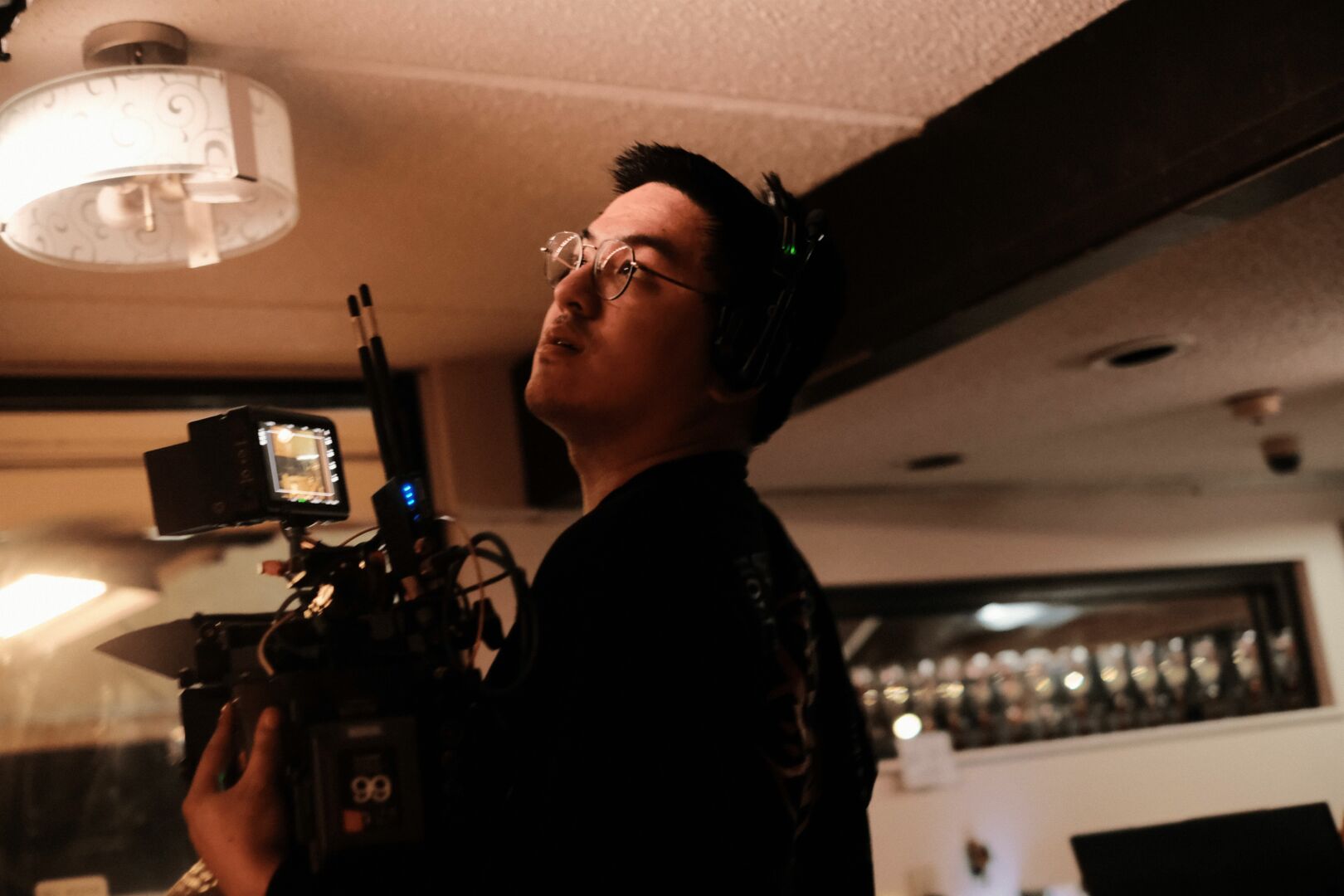
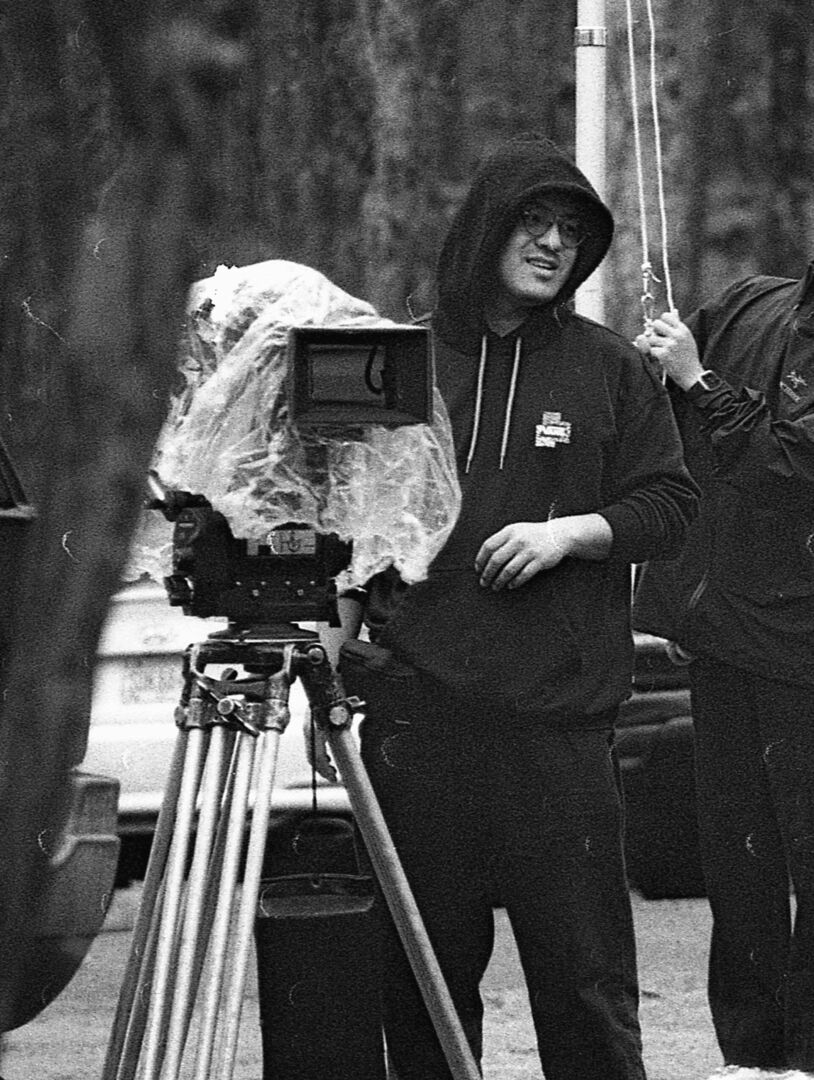
Alright, so let’s move onto what keeps you busy professionally?
I started shooting short films in 2017, beginning with narrative shorts and then moving on to documentaries. I believe the experience of making documentaries from 2018 to 2021 was very important to me. Making documentaries had a significant positive impact on the rapid development of my worldview. It also made me realize that filmmaking is not about creating fictional stories but about reflecting stories and their connections to contemporary society.
Starting in 2018, I spent an entire year directing and shooting a documentary called “Heaven Can Wait.” It tells the story of a mother seeking the truth after her daughter was raped and murdered. This experience exposed me to the deeper emotions and lives within various facets of society. Since then, in my creative process, I have paid more attention to the stories behind the scripts. How to express these stories with richer and more delicate techniques to convey the emotions and thoughts I want to share has become a central question in my work. I also adhere to the concept that “everything about films has nothing to do with films.” This means that when making a movie, we never focus on the film itself but on the things beyond the film.
After finishing my studies in China, I came to the United States in 2021 to focus on studying filmmaking and cinematography. On this journey, the most important lesson I’ve learned is to remain humble and open-minded. Cinematography is an art that requires continuous learning and innovation. Every project is a new opportunity to learn. Only by staying humble and willing to accept new challenges and changes can one keep making progress.
I hope the world sees me not just as a cinematographer but as a storyteller. Through the lens, I aim to convey meaningful and profound stories that provoke thought and resonate with the audience. I hope my work offers not just visual enjoyment but also emotional and intellectual experiences.
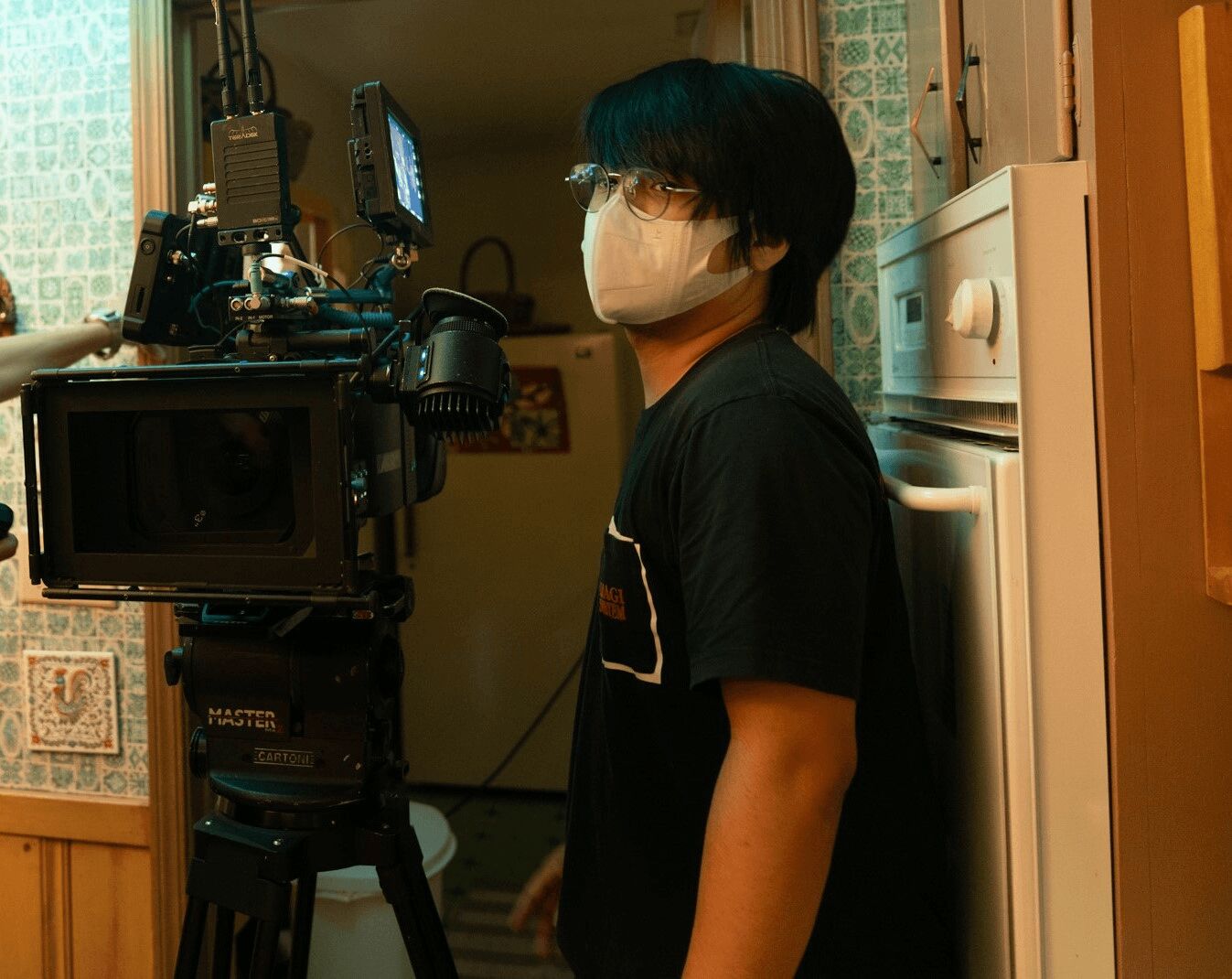
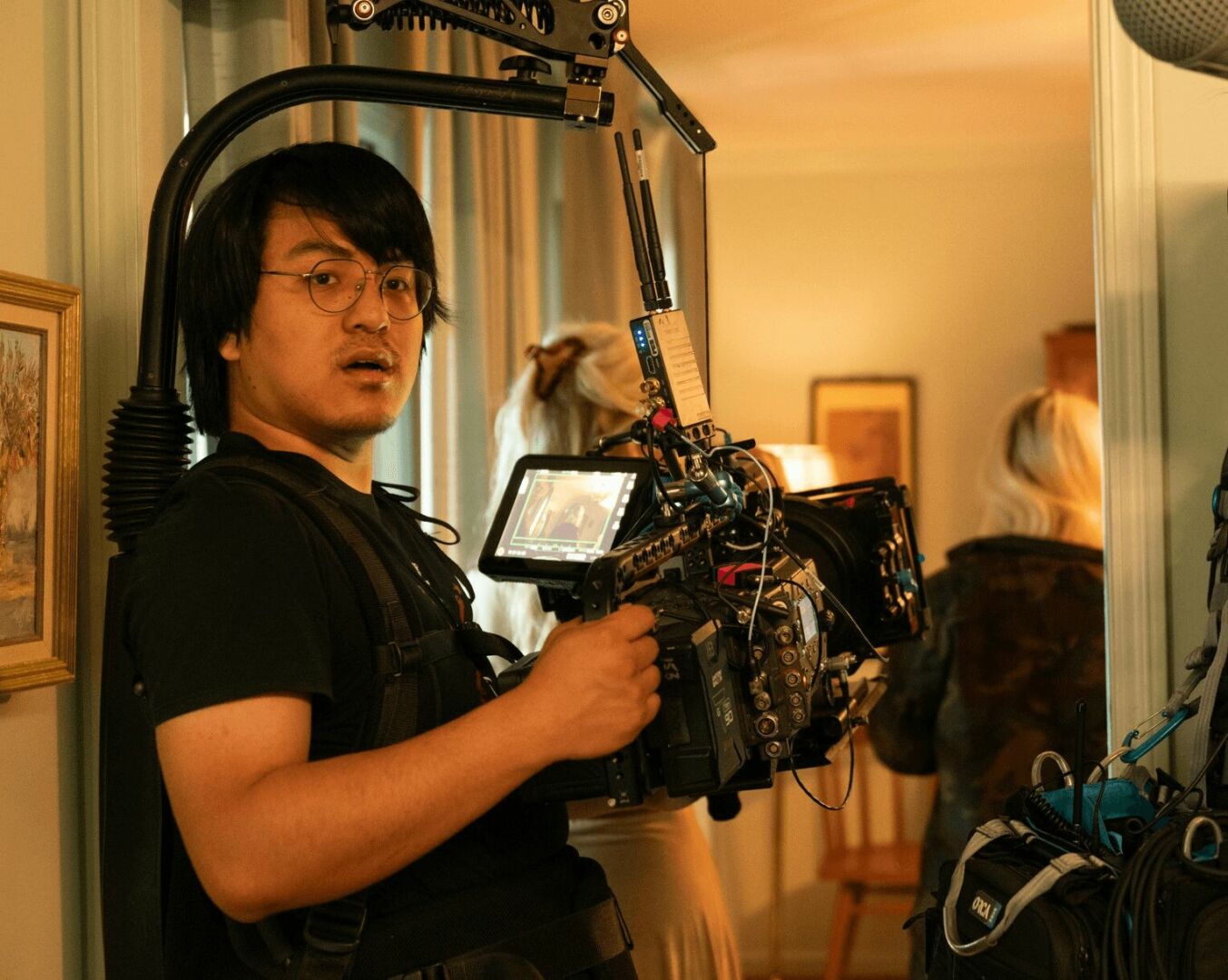
Let’s say your best friend was visiting the area and you wanted to show them the best time ever. Where would you take them? Give us a little itinerary – say it was a week long trip, where would you eat, drink, visit, hang out, etc.
The place I most want to take my friends to is the Getty Center Museum. The air on the hill is very cool, making it a comfortable place to stroll around all day. The art collections there are very rich, ranging from paintings to sculptures. Additionally, you can overlook the entire city of Los Angeles.
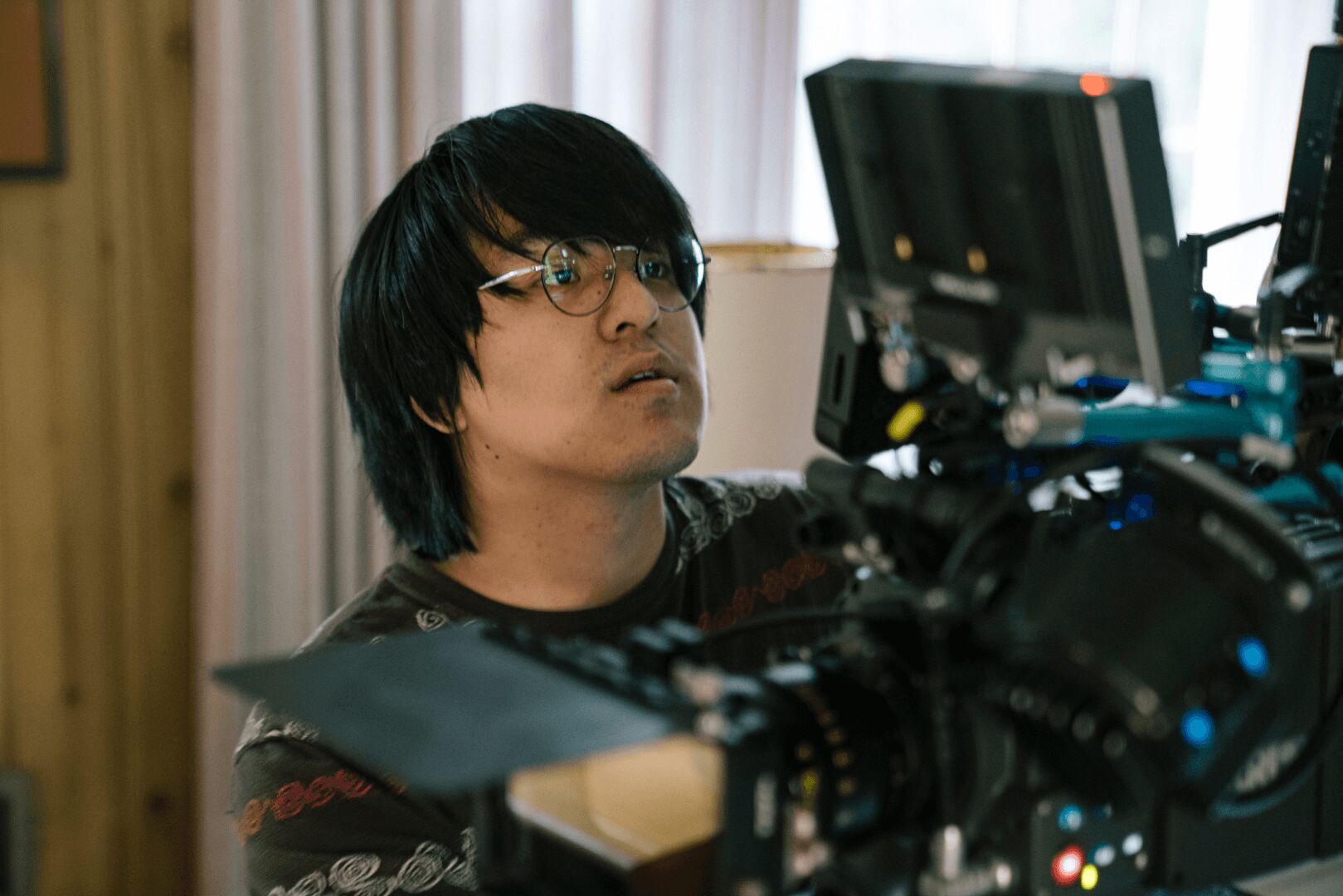
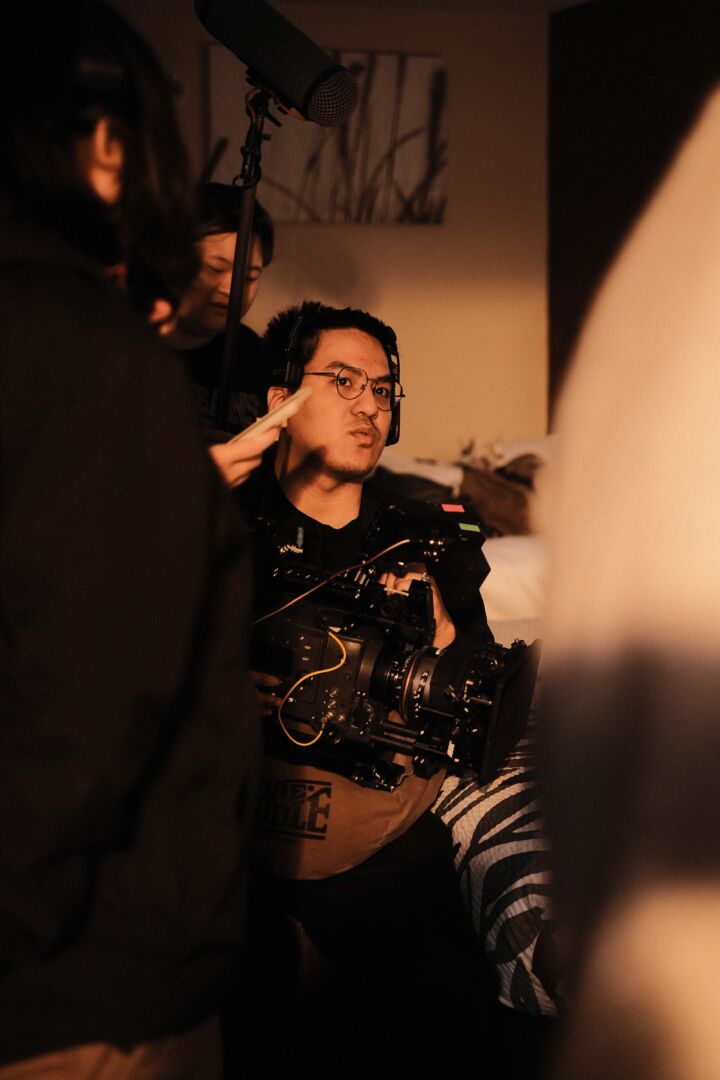
Shoutout is all about shouting out others who you feel deserve additional recognition and exposure. Who would you like to shoutout?
Of course, many people have played a crucial role in my growth and success. First and foremost, I want to thank my parents. They have always been very supportive of my pursuit of my dreams. Although they were initially concerned about my choice to pursue a career in cinematography, they respected my decision and provided as much support and encouragement as possible.
Secondly, I want to especially thank my undergraduate mentor, Feng Rui. He always encouraged us to create as much visual content as possible without imposing any restrictions on the subject matter we chose to film. In the extremely free creative environment he provided, I truly experienced the joy of visual storytelling. During my undergraduate years, I filmed several short films and documentaries. Feng Rui offered a lot of useful advice and guidance in various aspects. I am very grateful for his role as a mentor during the early stages of my life.
Website: https://jamisonhuang.com/
Instagram: https://www.instagram.com/jamison_huang_?igsh=NGVhN2U2NjQ0Yg%3D%3D&utm_source=qr
Other: IMDB: https://www.imdb.com/name/nm13849670/?ref_=nv_sr_srsg_0_tt_4_nm_4_q_jingkun
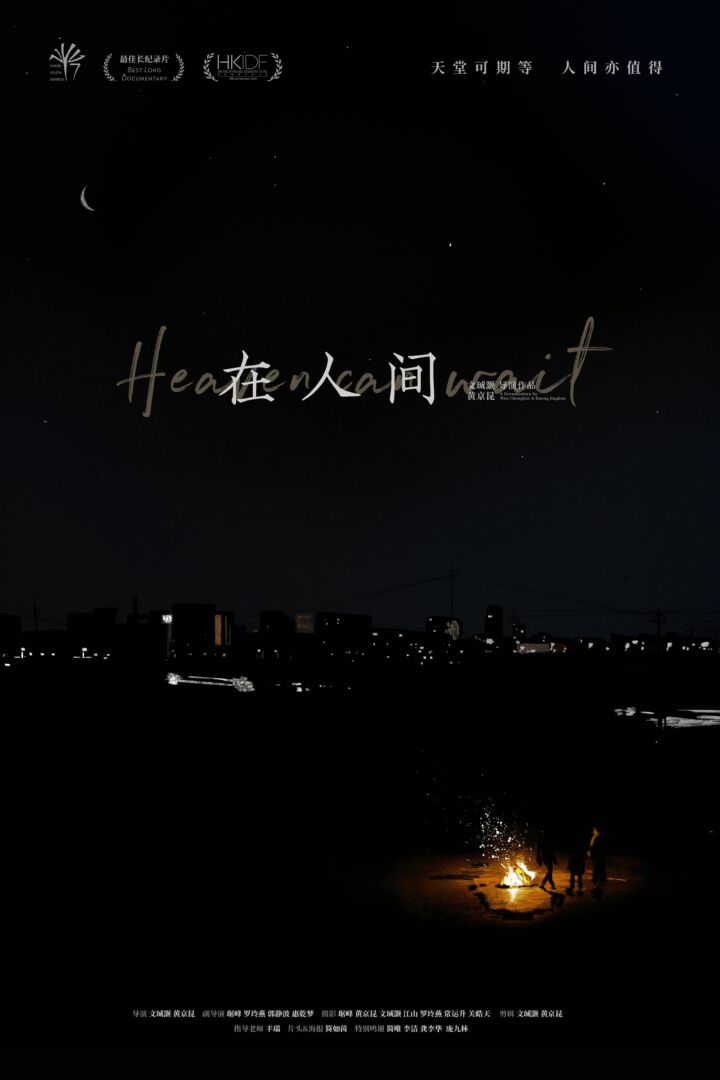
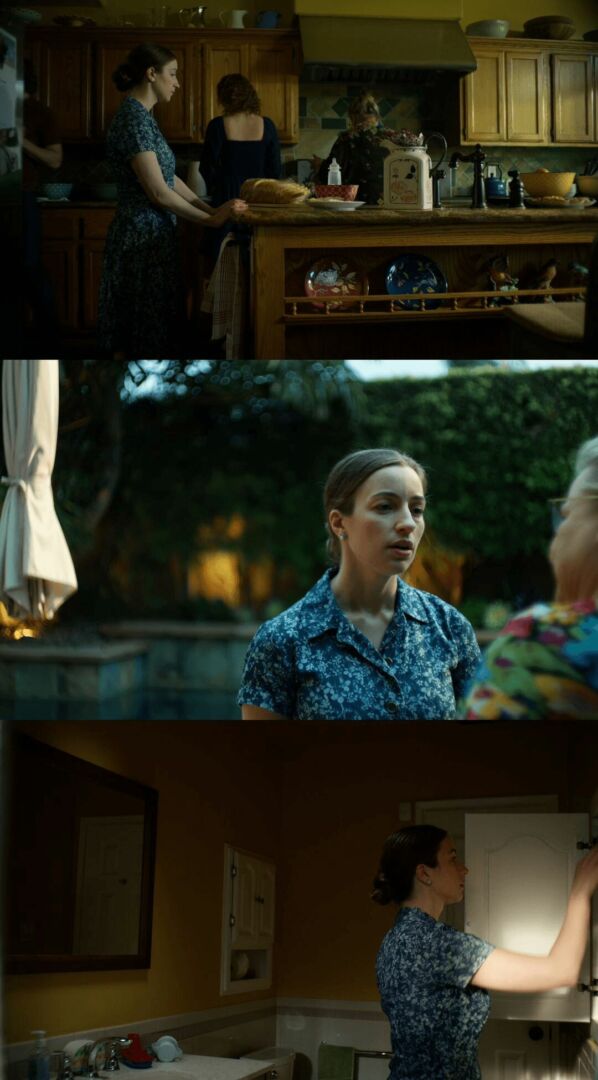
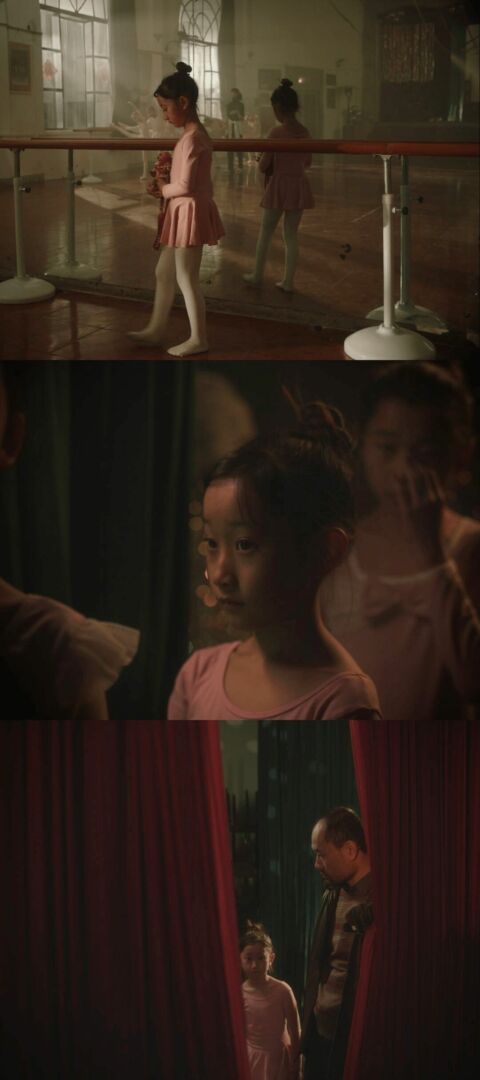
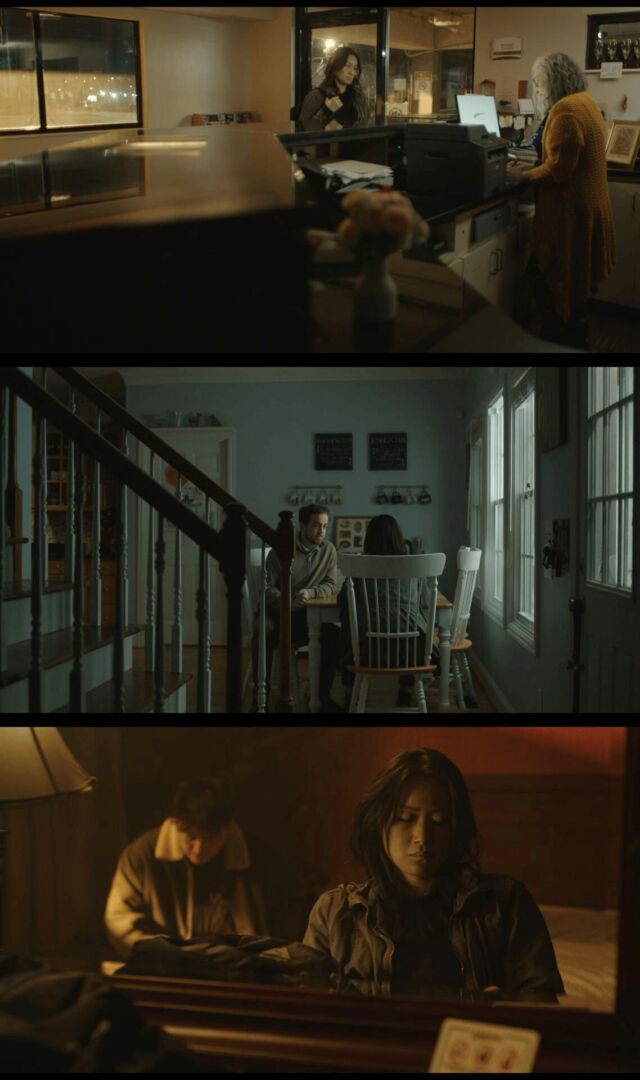
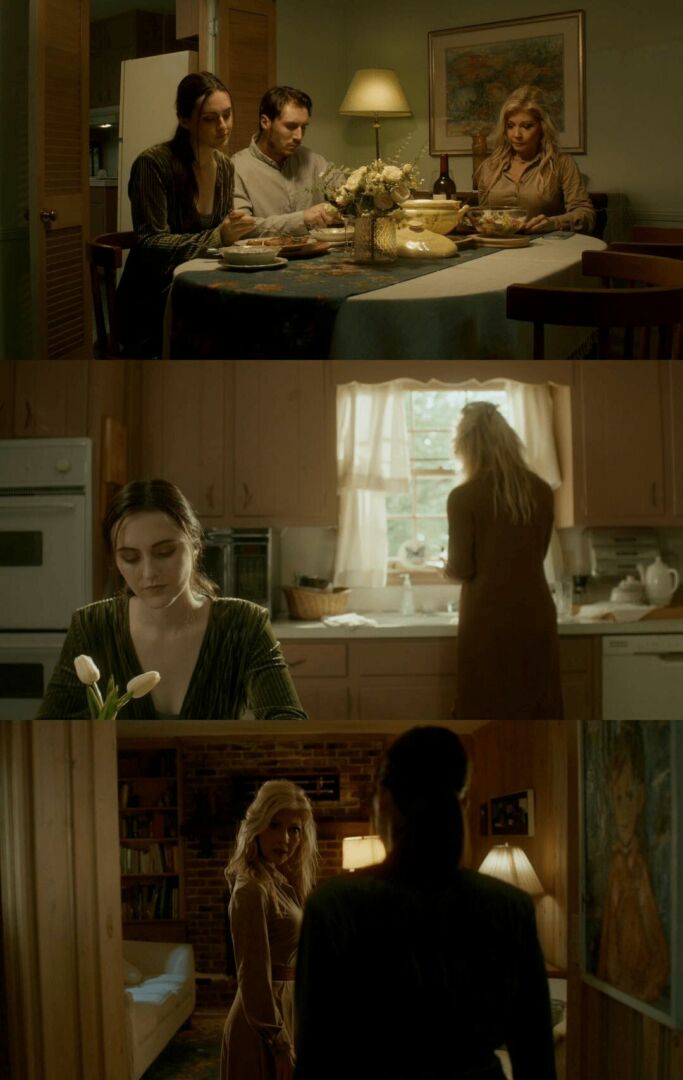
Image Credits
Still Frames from recent works, Summer Wedding, Winter Psalm, WuBu, Cocoon
